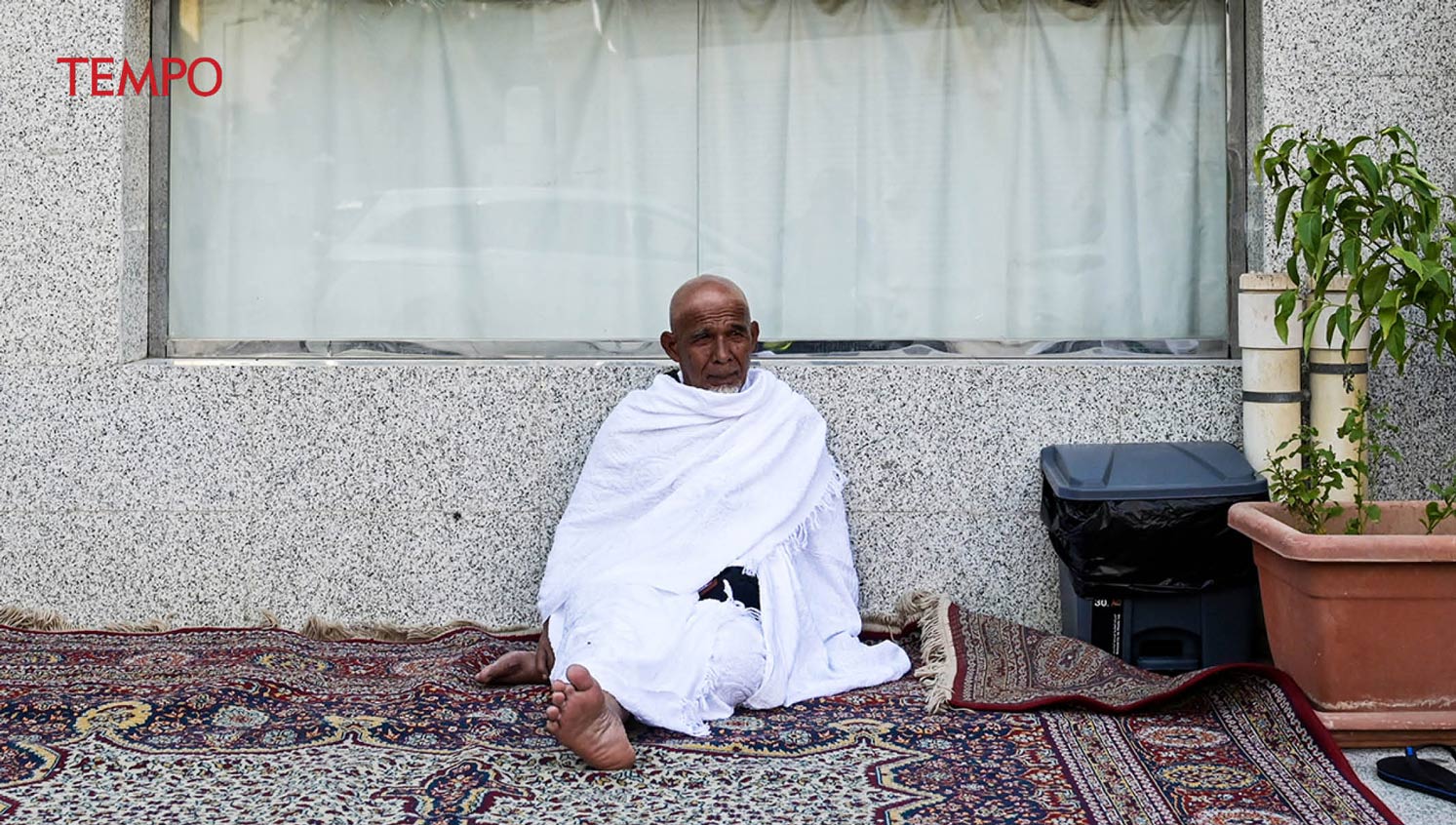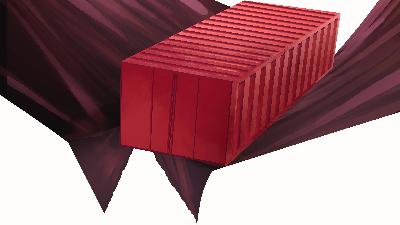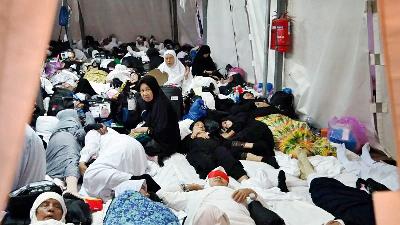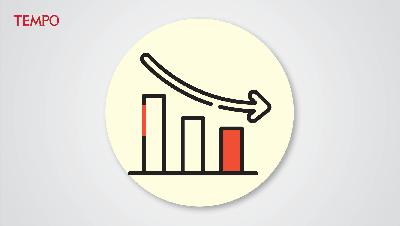Making Money from the Special Haj
Monday, July 15, 2024
The Religious Affairs Ministry allocated an additional quota for the special haj. There is an aroma of corruption.
arsip tempo : 174468261296.

IN Indonesia, even the haj pilgrimage can provide an opportunity for corruption. Every haj season, politicians manipulate the regulations to make huge profits from the organization of the journey to the House of God in Mecca, Saudi Arabia. This year, Religious Affairs Ministry officials, travel agents and members of the House of Representatives (DPR) are breaking the law through machinations to increase the quota for the special haj.
Initially, the additional quota was aimed at reducing the long wait for prospective haj pilgrims. Even the shortest waiting time is nine years, for people living in Landak Regency, West Kalimantan; Buru, Maluku and South Bulu, North Maluku. Meanwhile, the longest waiting list is for prospective pilgrims from Bantaeng, South Sulawesi, who will not be able to make the haj pilgrimage until the year 2060.
This year, the haj quota for Indonesia is 221,000 people. The Indonesian government claims it obtained an addition of 20,000 people thanks to President Joko Widodo lobbying the Kingdom of Saudi Arabia. With this additional quota, the Religious Affairs Ministry set the number of regular haj pilgrims at 213,320 people and for the special haj at 27,680.
The Law on Haj and Umrah stipulates two types of haj: regular and special. Article 64 states that the number of special haj pilgrims can be a maximum of eight percent of the total haj quota per year. This means that even using the haj quota with the additional allocation, the number of special haj pilgrims should be at most 19,280.
As well as not being in line with the provisions of the law, the decision by Religious Affairs Minister Yaqut Cholil Qoumas ignores the agreement reached with the DPR’s Religious Affairs Commission at the end of last year concerning the special haj quota. An investigation by this magazine found that representatives from the Religious Affairs Ministry lobbied DPR members to agree to the final proportions of haj pilgrims.
These DPR members claimed they were tempted by grease money of US$1,000-2,000 per additional special haj pilgrim that was approved. Every DPR member receives an allocation of between 100 and 500 special haj pilgrims. In other words, at least one member of the Religious Affairs Commission received US$20,000, or around Rp3.2 billion.
For prospective special haj pilgrims, the additional quota is a blessing. By paying a bit more money, they do not need to wait decades to reach Mecca. The cost of the regular haj pilgrimage averages Rp56-93 million, depending on the embarkation. Meanwhile, the cost for the special haj is Rp176-960 million. For the higher price, special haj pilgrims leave earlier, and stay in hotels closer to the Al-Haram Mosque, as well as receiving better facilities.
The difference between the two types of haj in this law causes confusion in the management of the pilgrimage every year. This discrimination also provides an opportunity for corruption by officials from the Religious Affairs Ministry, DPR, as well as travel agencies who compete to obtain the largest quota through agreements with the Religious Affairs Ministry.
Travel agencies that try to obtain special haj quotas are entitled to regulatory privileges. Article 68 of the Haj and Umrah Law allows travel agents organizing the haj to demand additional payments in line with the services they offer. As a result, although it is expensive, rich people vie to register for the special haj because the longest wait they face is six years.
This discrimination has led to the Ministry of Religious Affairs being tempted to set a higher allocation for this special haj than is allowed by law. This is because, as well as soaring demand, DPR members are readily persuaded to agree by being tempted with cash.
For the sake of justice, Law No. 8/2019 must be revised, including the provisions related to the special haj, so that there is only one type of haj. This revision should also remove the haj subsidy. This year, the government subsidized the regular haj to the tune of 40 percent.
Removal of the subsidy would mean that the cost of the haj would be in line with the actual cost, leading to a reduction in the number of people waiting, because the cost would be higher. This way the government and the DPR would restore the principle of the haj pilgrimage to that written in the Qur’an in Surah Al-Imran verse 97, namely that the haj pilgrimage is only for those who are able. It would be even better if the government followed this up by producing a regulation restricting people to only making the haj pilgrimage once in their lifetimes.











